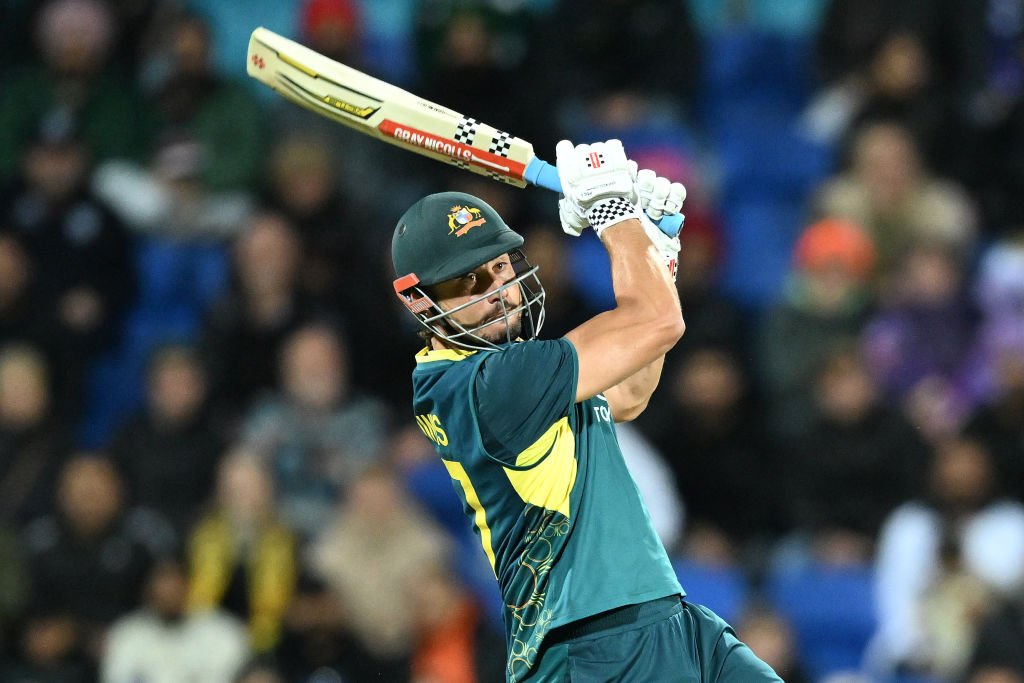
Australia’s triumph over India in the ODI World Cup final in Ahmedabad on November 19, 2023, was a remarkable and unexpected turn of events that stunned the cricketing world. India, who had been in blistering form throughout the tournament, arrived at the final as heavy favorites. Having won ten consecutive matches leading up to the final, their momentum was undeniable. Yet, in a match that promised to be a spectacle, Australia managed to upend India’s winning streak and secure their sixth World Cup title, with an outstanding performance that saw them chase down India’s modest total of 240 in just 44.5 overs.
The match was held at the Narendra Modi Stadium, the largest cricket stadium in the world, located in Ahmedabad, and was attended by a crowd of over 92,000 spectators, all eager to witness history. India’s dream run had made them the overwhelming favorites, and the expectations were sky-high for a nation that had been so dominant in the tournament. Led by Rohit Sharma, India had been the team to beat, but Australia, despite a rocky start to the World Cup, had shown tremendous resilience and were primed for a final showdown.
The Australian team, captained by Pat Cummins, chose to bowl first after winning the toss, a decision that turned out to be pivotal. The Indian batting line-up, which had been formidable throughout the competition, failed to click in the final. Early wickets fell, and though Rohit Sharma and Virat Kohli provided some resistance, India’s total of 240 runs proved to be far from secure. The Indian batsmen struggled against the Australian pace and spin, as Mitchell Starc and Glenn Maxwell led a potent attack. Maxwell, with his sharp fielding and contributions with the ball, made a huge impact, while Starc’s deadly deliveries kept India on the back foot.
Chasing such a modest total might have appeared straightforward, but the pressure was still on Australia, especially after early wickets put them on the back foot. They found themselves at 47 for 3, with India sensing an opportunity to stage a comeback. However, Travis Head had other plans. Head, who had been a force for Australia in the earlier stages of the tournament, delivered an absolutely brilliant knock in the final. His 137 runs off just 126 balls were the backbone of Australia’s chase, a composed yet aggressive display of batting that put India under immense pressure.
Head’s century, punctuated by seven boundaries and three sixes, was the perfect response to the early setbacks Australia had faced. The partnership between Head and Marnus Labuschagne, who scored a steady 58 not out, was crucial. Together, they turned the game in Australia’s favor, with Head showing a cool temperament in a high-pressure situation. The pair’s 192-run partnership for the fourth wicket ultimately sealed the victory for Australia, as they cruised to their target with more than five overs to spare.
While India’s bowlers, led by the experienced Jasprit Bumrah, tried to stem the flow of runs, they were unable to break the crucial partnership. Despite some spirited bowling spells, particularly from Bumrah and Mohammed Siraj, Australia’s chase was not in doubt after Head’s dominance at the crease. India’s attempt to mount a comeback was hindered by the sheer brilliance of Head, who maintained his aggressive yet controlled approach, never letting India’s bowlers get the upper hand.
Australia’s win was not just a victory in terms of the scoreboard, but also a testament to their ability to perform under pressure. Their victory in the World Cup final was their sixth, a record that places them among the most successful teams in the tournament’s history. They managed to take the title from India’s grasp in a game where every key moment seemed to swing in their favor. This win also underscores the unpredictability of cricket. No matter how dominant one team may seem going into the final, cricket has a way of surprising you.
For India, the defeat was a heartbreaking end to an otherwise brilliant World Cup campaign. Rohit Sharma and his team had played with such flair and precision throughout the tournament, but on the biggest stage, they fell short. The loss, while devastating, does not overshadow the impressive performances they produced in the tournament. Virat Kohli, who had been one of the standout players for India, continued his excellent run in the tournament, and Rohit Sharma, along with the rest of the team, will reflect on their journey with pride. The result also serves as a reminder of the fine margins that exist at the top level of cricket. A single moment of brilliance, like Travis Head’s century, can completely alter the course of a match.
Australia’s victory is a testament to their resilience and ability to rise to the occasion. With players like Head, Starc, and Maxwell stepping up, the team showed why they remain one of the most dominant forces in world cricket. This World Cup win, however, will go down as a testament to the unpredictable nature of the sport, where anything can happen, and no streak, no matter how long, is invincible. India’s winning streak of 10 matches may have come to an end in the final, but their performance in the tournament ensured that they remain one of the best teams in world cricket today. For Australia, it was a moment of triumph, proving that they are never to be counted out, no matter the circumstances.

